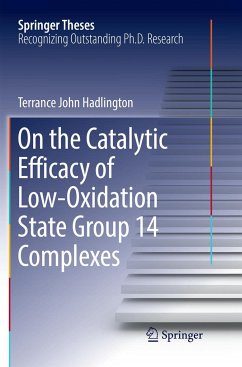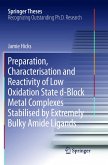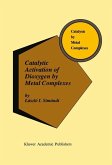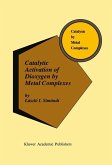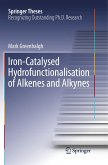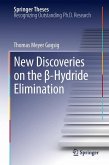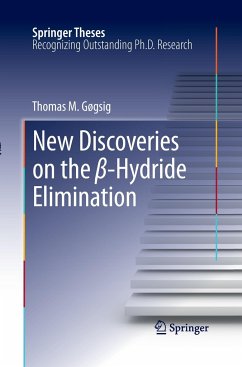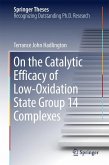This outstanding thesis describes a detailed investigation into the use of low-oxidation-state group 14 complexes in catalysis, developed at the cutting edge of inorganic and organometallic chemistry. It includes the preparation of a number of landmark compounds, some of which challenge our current understanding of metal-metal bonding and low-oxidation-state main group chemistry. Among the many highlights of this thesis, the standout result is the development of the first well-defined, low- oxidation-state main group hydride systems as highly efficient catalysts in the hydroboration of carbonyl substrates, including carbon dioxide, which are as efficient as those observed in more traditional, transition-metal catalyses. These results essentially define a new subdiscipline of chemistry.
Bitte wählen Sie Ihr Anliegen aus.
Rechnungen
Retourenschein anfordern
Bestellstatus
Storno

